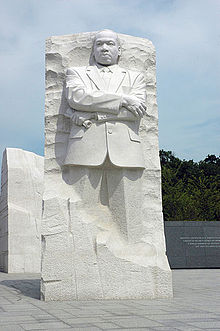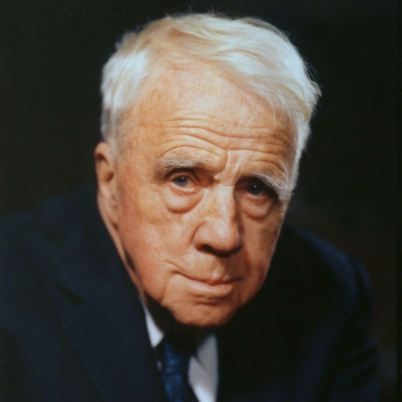For the vast majority of Dudley Randall’s life he lived in the city of Detroit. Detroit shaped his aesthetic and his identity. He moved here with his family at the age of six and published his first poem in the Detroit Free Press at the age of 13. He worked in Ford’s foundries, received degrees from Wayne University and the University of Michigan, and served as a librarian in the Wayne County Federated Library System. He founded Broadside Press in Detroit. In 1969 he joined the University of Detroit as a reference librarian. Later, he honored us as our poet-in-residence. In 1981 Randall was named Poet Laureate of the City of Detroit by Mayor Coleman Young.
We can hear Randall’s deep respect for the people and rhythms of this city in poems like “George”.
Rosemary Weatherston
Director, Dudley Randall Center for Print Culture
“George”
When I was a boy desiring the title of man And toiling to earn it In the inferno of the foundry knockout, I watched and admired you working by my side, As, goggled, with mask on your mouth and shoulders bright with sweat, You mastered the monstrous, lumpish cylinder blocks, And when they clotted the line and plunged to the floor With force enough to tear your foot in two, You calmly stepped aside.
One day when the line broke down and the blocks reared up Groaning, grinding, and mounted like an ocean wave And then rushed thundering down like an avalanche, And we frantically dodged, then braced our heads together To form an arch to lift and stack them, You gave me your highest accolade:
You said: “You not afraid of sweat. You strong as a mule.”
Now, here, in the hospital,
In a ward where old men wait to die,
You sit, and watch time go by.
You cannot read the books I bring, not even Those that are only picture books, As you sit among the senile wrecks, The psychopaths, the incontinent.
One day when you fell from your chair and stared at the air With the look of fright which sight of death inspires, I lifted you like a cylinder block, and said, “Don’t be afraid Of a little fall, for you’ll be here A long time yet, because you’re strong as a mule.”


